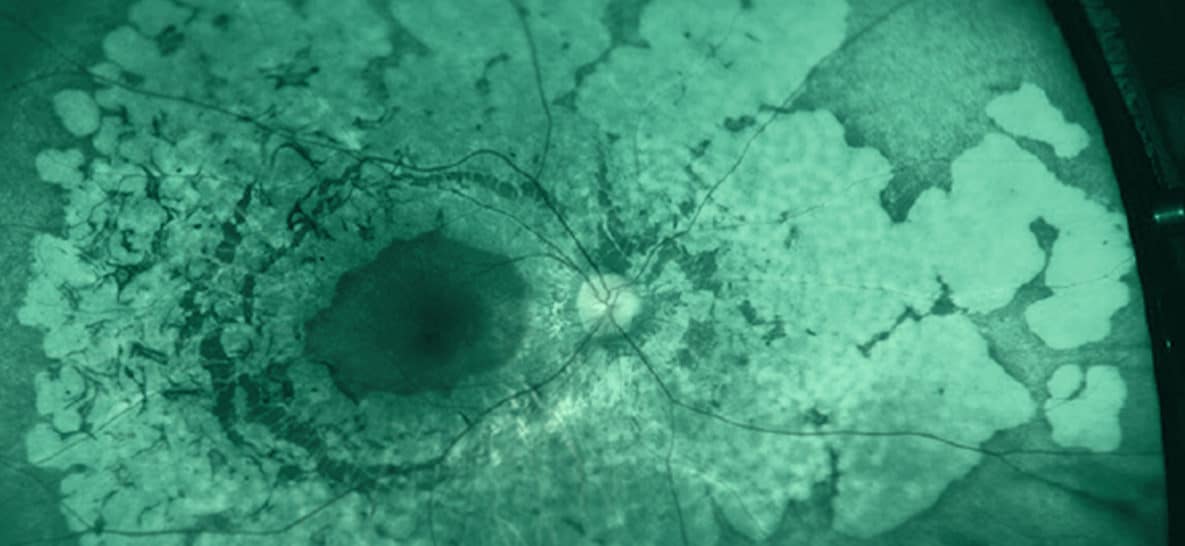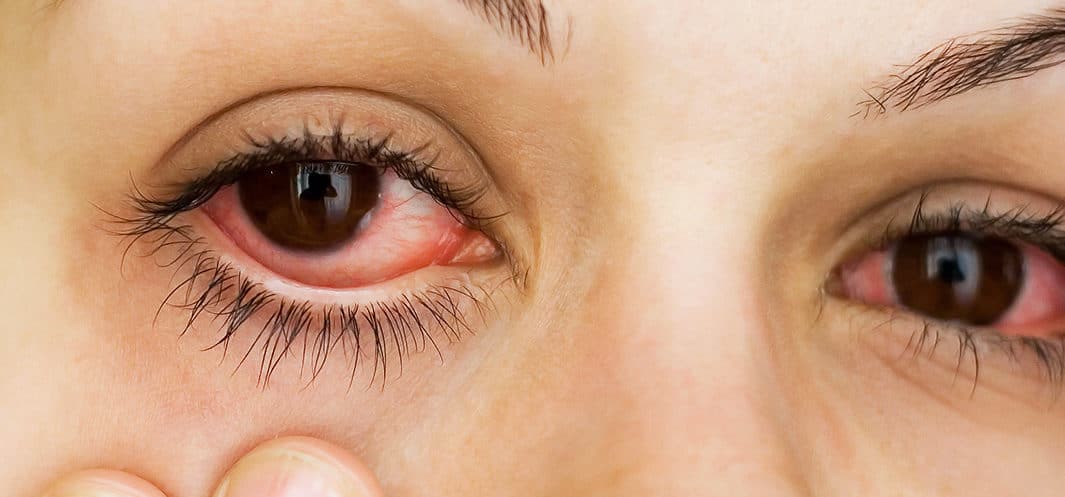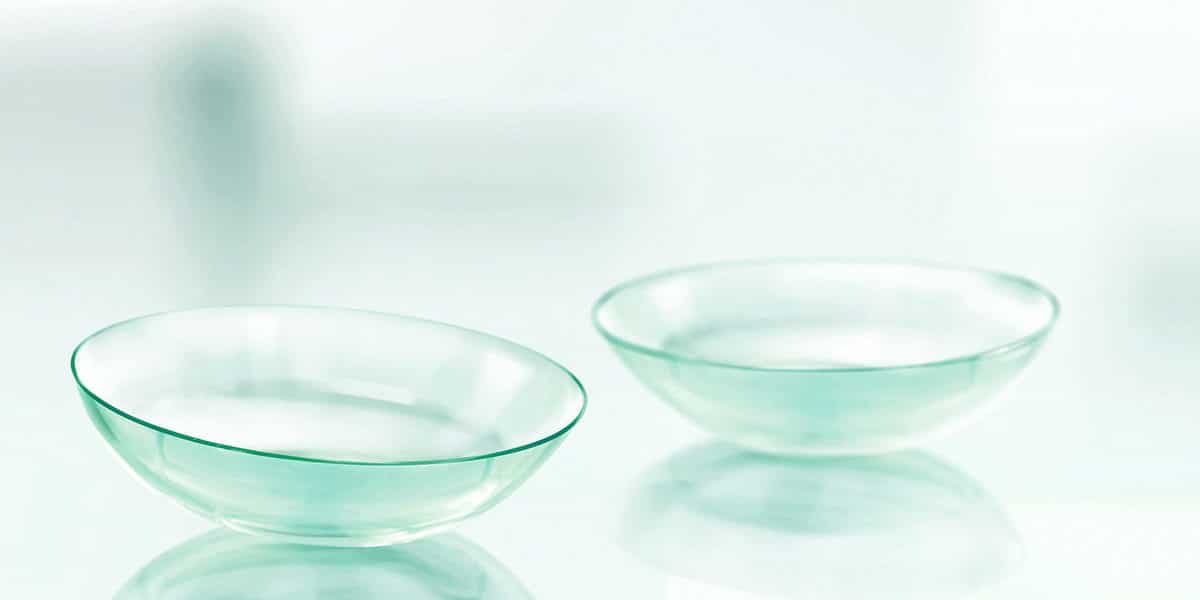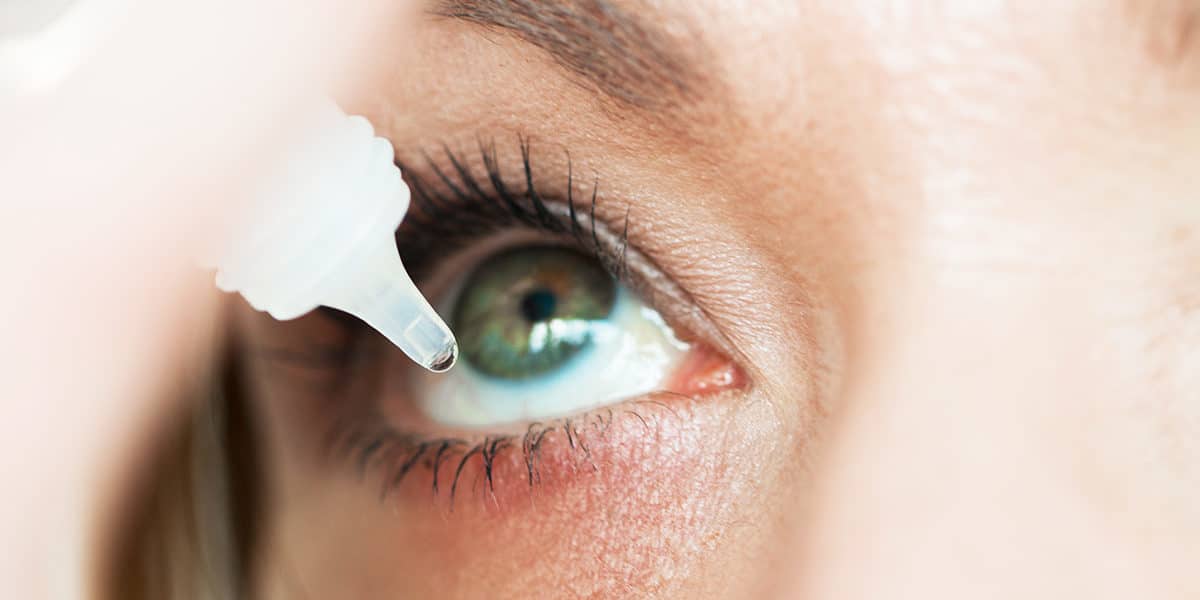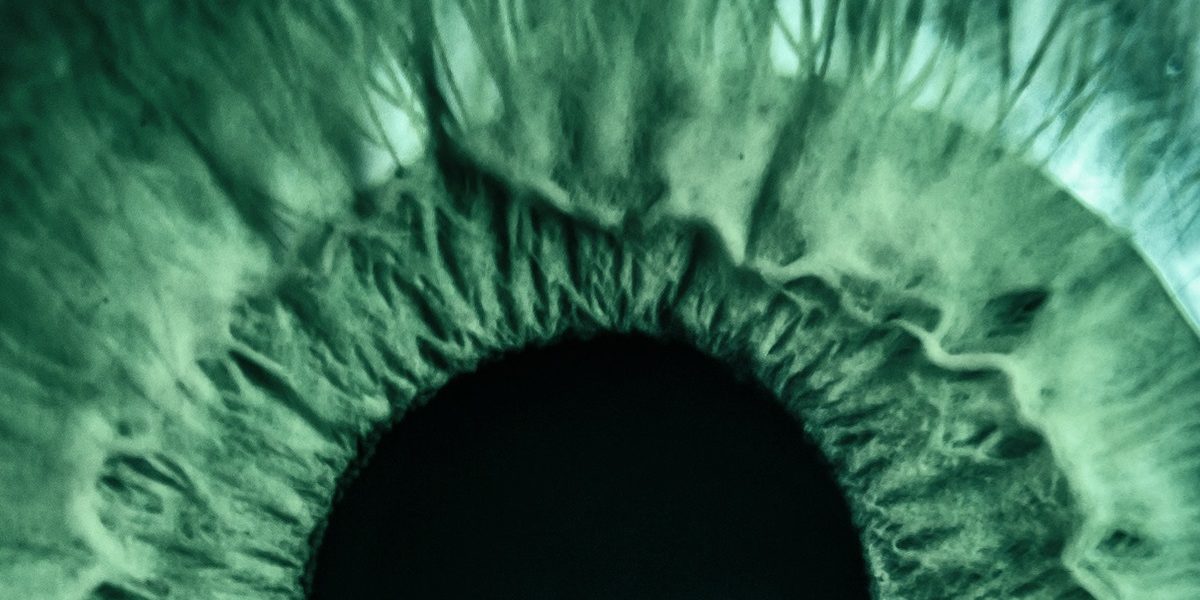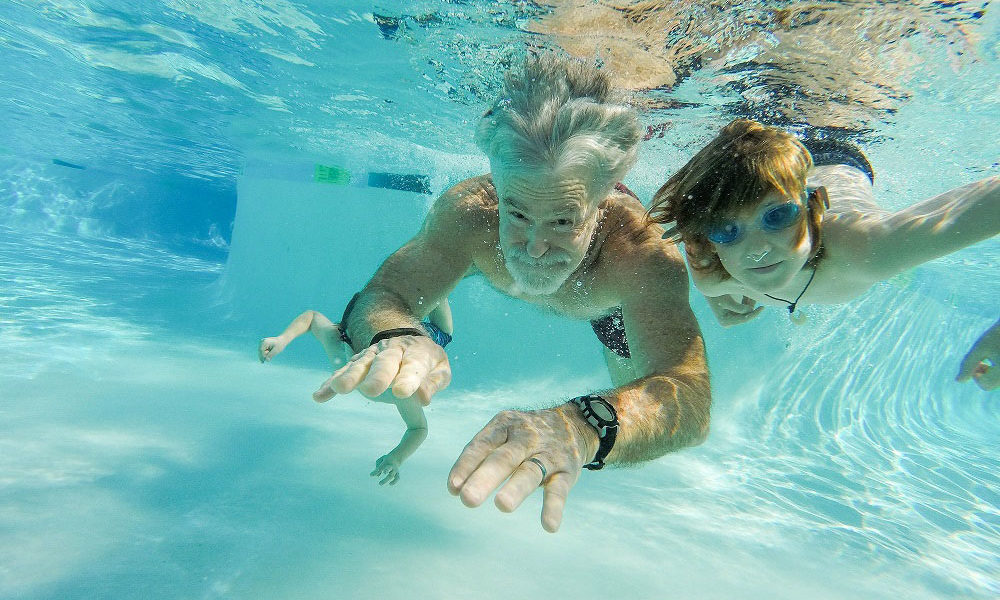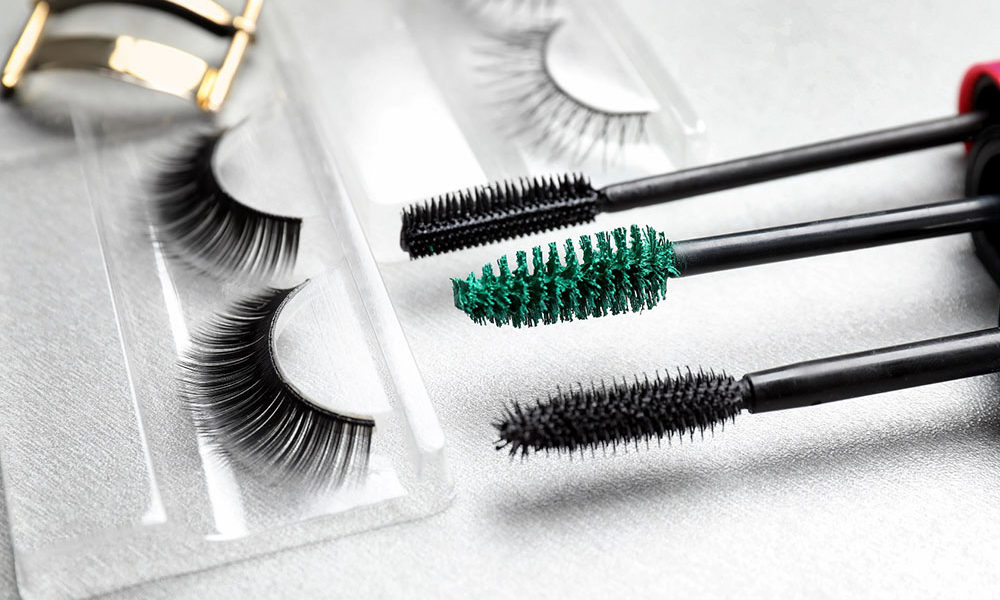Katelyn
Optomap Imaging: The Optimal Step During an Eye Exam
Optomap imaging is a crucial part of nearly every eye exam, but what is it really? And how does it work? Basically, it entails taking a picture of the retina, which lines the back of the eyeball, and displays it on a computer monitor for a more in-depth look. The process is as simple as looking into a camera lens,
Don’t Let Back to School Mean Pink Eye For Your Kids
Every year as summer ends and school begins, kids go back to school to greet their friends and tell stories of their summer vacations. Along with this passing of information, it’s important to remember that kids often pass along germs as well, and right now is a highly susceptible time for kids to be reintroduced to germs and become sick.
Blue Light Eye Damage: A Michigan Eye Doctor Explains How Blue Light Impacts Your Eyes
How Does Blue Light Effect Your Eyes “Don’t sit so close to the TV. You’ll go blind.” How much truth is there to that? We went from believing the statement when we were children, to decide it’s complete nonsense, to going back to the possibility that it makes sense …. sort of. A television screen, computer screen, or phone most
Risks of Wearing Expired Contact Lenses
Are You Wearing Expired Contact Lenses? If you are one of the approximately 37 million Americans who wear contact lenses, you may wonder what happens if your contacts get old. Perhaps you are using contacts you got several years ago. Or you are trying to save money by wearing your two-week lenses over a more extended period. It may seem
Convergence Insufficiency: Symptoms, Causes and Treatment
If you wear eyeglasses or contact lenses for farsightedness and then remove them, can you see? We know you can’t see long distances, but can you read a book? Can you play a game on your phone? See the time on your watch? Technically, it should be “close enough” for you to see, but you notice something strange happening that
How to Choose the Best Drops for Your Dry Eyes
Dry Eye Causes Dry eyes are the result of a lack of adequate tears or excessive evaporation of tears. Your tears are made up of water, fatty oils, and mucus that keep the surface of the eye moist and clear and help prevent painful eyes and eye infections. Dry eyes can be caused by a number of factors, including: Aging.
Why Does Eye Color Change with Age? A Michigan Eye Doctor Explains
How Eye Color Can Change Aside from the brain, the eyes are probably the most complex organ in the human body. They can bring our world into focus, bend light, and grant us vision. However, for many of us, the most fascinating thing about eyes is their color. Some people may believe that their eye color has changed over
Fish Oil: A Promising Eye Health Ally
Sight is a very precious gift and most people will go to the ends of the Earth and will try every gimmick to maintain or improve their vision. There are countless devices and “medicines” designed with the intent of supporting eye health. The preponderance of those treatments is pure hokum and have absolutely no merit. But one specific treatment might
Is Chlorine Bad for Your Eyes?
Can Chlorine Damage Your Eyes? Jumping into swimming pools is definitely one of the highlights of summertime in Michigan, but some people tend to shy away from doing so because the chlorine in the pool “burns their eyes.” But is there any truth to that? How does chlorine affect your eyes? Here’s how it all goes in a nutshell. What
Temporary Fake Eyelashes: The Good, The Bad, and The Pretty
Are Fake Eyelashes Safe? In this day and age, bigger is better. Fake eyelashes, often known to the makeup world as “falsies,” are all the rage right now. Applying false eyelashes is simple albeit tedious: you apply eyelash adhesive to the edge and glue them down as close to your natural lash line as possible. Once laid down correctly, they

